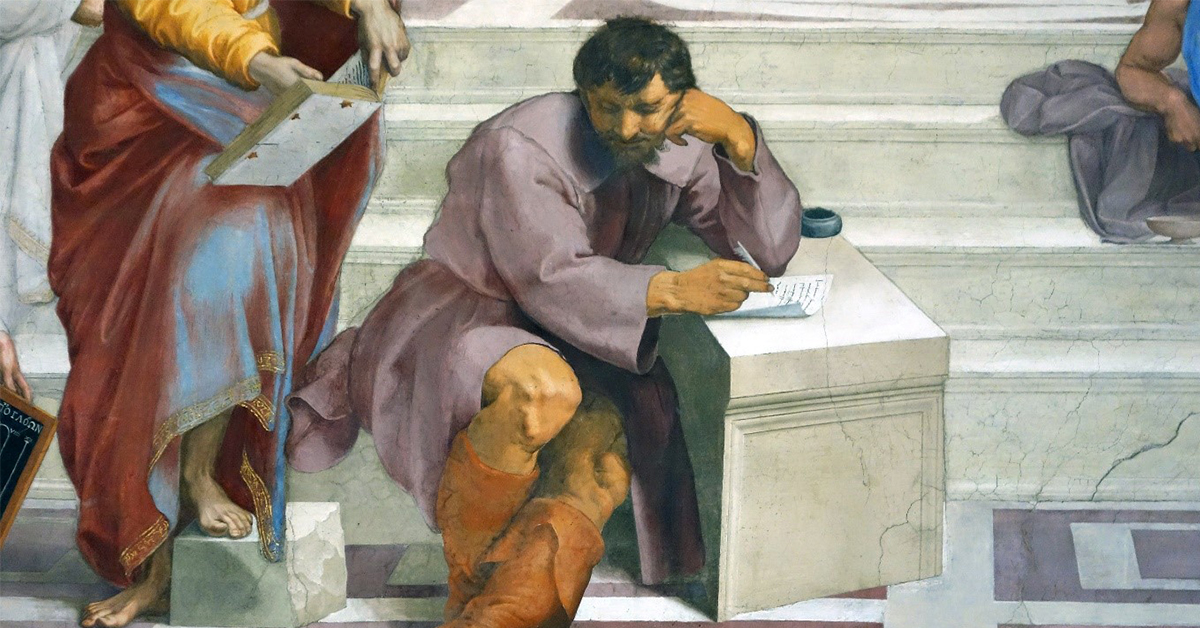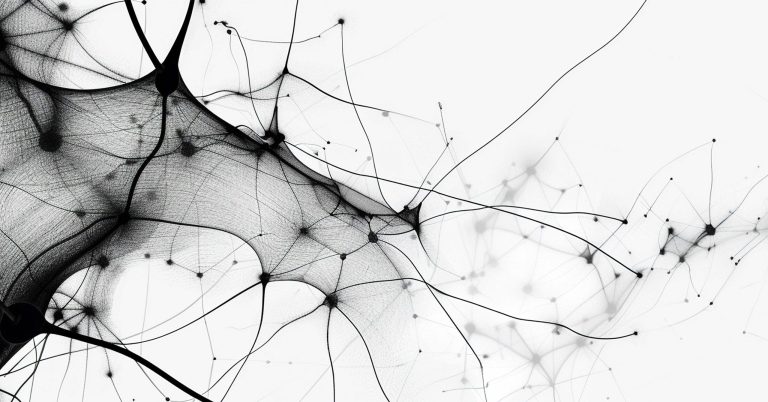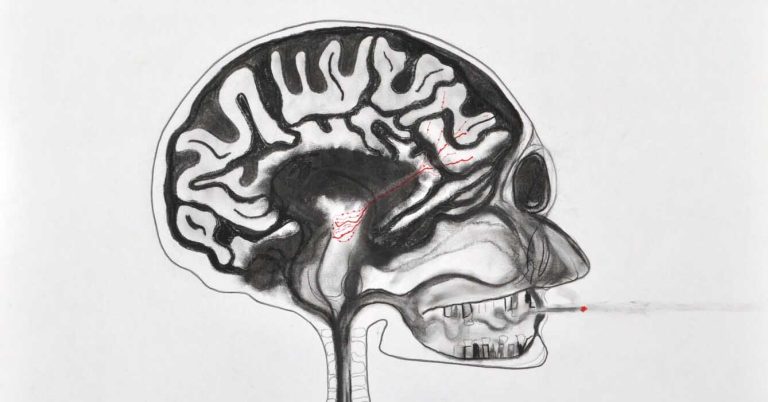
By Keith Begley

A few years ago, in my wisdom, I decided to take advantage of Google’s search alerts. Rather than searching the internet for the same subject multiple times and having to sift through the results that I had previously found, I would have the recent additions delivered to me automatically. One of the alerts that I set up was for the ancient Greek philosopher ‘Heraclitus’. This, I soon understood, was a terrible mistake. It had the effect of dumping a daily dose of the lesser-visited parts of the internet into my inbox. Here are a few selections from some of the items I received:
“The ancient Greek philosopher Heraclitus quipped, “Life is flux.” And that can’t be any truer than in the retail business, where purveyors and their landlords are rapidly reworking their business plans and properties to adjust to how consumers spend nowadays.”[1]
“The modern insurance industry and the practice of managing risk are founded upon a concept of active learning and planning that is akin to Heraclitus’ concept of expecting the unexpected.”[2]
“No one is immune from the game’s ebbs and flows, though sometimes it’s difficult to figure where one starts and the other stops. Or as the Greek philosopher Heraclitus wrote, “The way upward and the way downward is one and the same.” And to think, Heraclitus, born in 535 BC, who came to be known as “the weeping philosopher” because of his melancholy disposition, never picked up a golf club.”[3]
“ “Change is the only constant in life,” said the Greek philosopher Heraclitus, who probably didn’t envision the remarkable lifespan of the second-generation Nissan Frontier.”[4]

Certainly not, otherwise he no doubt would have kept his golf clubs in it, had it well insured, and quipped about it on the way up and on the way down again.
Heraclitus tends to be misquoted and misunderstood above all regarding his legendary evangelising on behalf of radical universal flux. Rather than being a whimsical view of the world characterised by a life full of changing circumstances, it is the view that the book of the world is more like a swirling alphabet soup without any vowels, about which it would be more appropriate to gape and point than to attempt to speak articulately. However, as is apparently little known among many of the authors whose writing arrived through the sluice, this is generally thought by scholars these days to be a mischaracterisation of Heraclitus’ views that was imposed by others. There is no surviving quotation that says “Life is flux” or that all things are in radical flux. This has very little retail value, but it is the truth.

My wisdom has since dictated that I discontinue the alert and replace it with a ‘Google Scholar’ alert, which limits the arrows to those tipped with material meant for occupants of the ivory tower of academia. Although sometimes useful, this has often turned out to deliver merely better written versions of the same, with the phrases ‘Change is the only constant’ or ‘The only constant is change’, etc., still being attributed to Heraclitus in an off-hand way by researchers in many disciplines, who, quite frankly, should know better than to quote uncited material from the internet. This is the scholarly equivalent of tabloid journalism. The closest that we come to this notion is a two word fragment of Greek text that was quoted by Plotinus, which means something like ‘changing, it rests’ (B84a), but even (or especially) this requires nuanced interpretation.
One alert that I was pleased to receive recently was for my own article, ‘Heraclitus against the Naïve Paratactic Metaphysics of Mere Things’, in Ancient Philosophy Today: DIALOGOI, in which I relate Heraclitus to modern philosophy while attempting to avoid these common misunderstandings. I argue that Heraclitus should instead be understood as reacting against a naïve form of paratactic metaphysics, which, it turns out, had just such unpalatable consequences as were embodied in the disemvoweled soup view. In some respects, we still suffer from this naïve view of things today, which is perhaps what is ultimately behind the misunderstanding of Heraclitus and what makes it so popular. It’s as if I were to report that alphabet soup without vowels isn’t really alphabet soup, and then be forever quoted in car magazines and medical journals alike as having said: ‘Alphabet soup doesn’t have vowels’. I now run that risk doubly.


Keith Begley is a philosopher living in Dublin, Ireland. He has written articles on Heraclitus, Katz, medical epistemology and artificial intelligence. He is currently a graduate student in computer science at University College Dublin, and was previously an Adjunct Assistant Professor in philosophy at Trinity College Dublin.
[1] https://www.northbaybusinessjournal.com/article/industry-news/northern-california-shopping-centers-adapt-to-new-retail-reality/
[2] https://gantnews.com/2019/01/17/learning-to-expect-the-unexpected/
[3] https://www.golfdigest.com/story/jordan-spieth-knows-whats-wrong-with-jordan-spieth-and-whats-right-with-jordan-spieth
[4] https://www.thetruthaboutcars.com/2019/04/on-the-horizon-appears-a-new-frontier/
Ancient Philosophy Today: DIALOGOI provides a forum for the mutual engagement between ancient and contemporary philosophy. The journal connects interpretative work in ancient philosophy to current discussions in metaphysics, epistemology and ethics, and assesses the continuing relevance of ancient theories to current philosophical interests and debates. Find out how to subscribe, or recommend to your library.







This is hilarous! I love it.
I always triple-check quotes/quotations/ideas from major thinkers before employing them. This blog is marvelous, not just in its “it ain’t what you thought it was,” but your own distillation of Heraclitus’ thought about the gaping at the vowel-less alphabet soup.